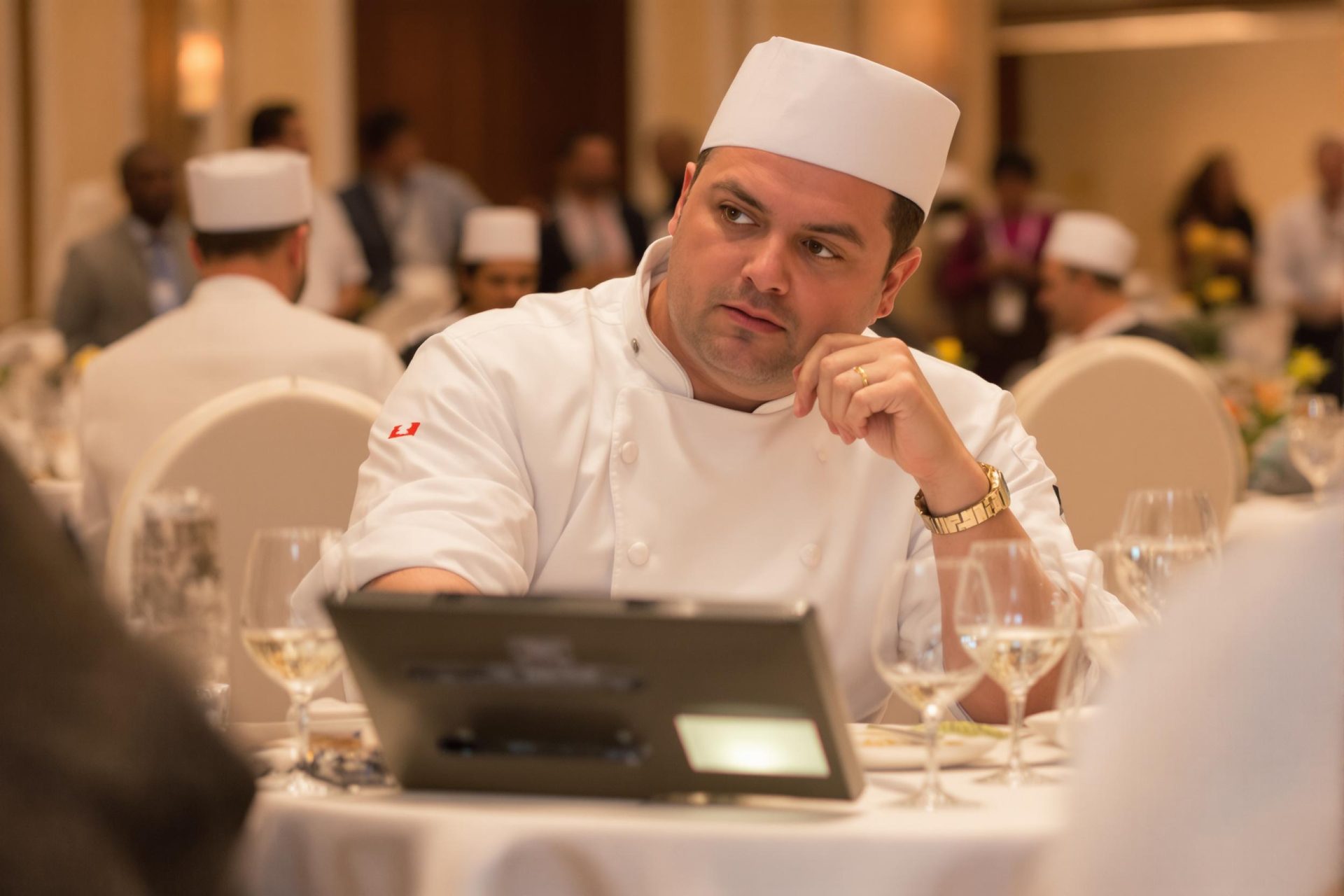Key Takeaways
- Top French chefs are increasingly discussing and using Artificial Intelligence (AI) in their kitchens.
- AI tools like ChatGPT are being used for recipe ideas, ingredient pairings, and even understanding food at a molecular level.
- While some chefs embrace AI for its creative potential, others remain skeptical, emphasizing the irreplaceable human touch and tradition.
- AI is also finding practical applications in automating tedious tasks like administrative work, cost estimation, and predicting demand.
- Experts believe AI could lead to surprising new flavor combinations and even assist with laborious kitchen prep work.
At this year’s prestigious Michelin Guide awards in France, the buzz wasn’t just about stars. The hot topic among the nation’s culinary elite? Artificial Intelligence.
Matan Zaken, chef at the one-star Nhome in Paris, mentioned to AFP that AI dominated conversations at his table. He believes many of his colleagues are already using services like ChatGPT for recipes and inspiration, though some are hesitant to admit it publicly due to the “egos in the business.”
Zaken himself is open about using AI, seeing it as a tool for discovering novel ingredient combinations. He shared that ChatGPT Premium, which he says is learning his cooking style, recently suggested a surprising pairing of peanuts and wild garlic.
He even collaborated with digital art collective Obvious Art, creating dishes based on AI-generated food images, flipping the usual creative process on its head.
However, not everyone in the culinary world is as enthusiastic. Celebrity chef Philippe Etchebest, celebrating a second star for his Bordeaux restaurant, Maison Nouvelle, firmly stated, “Artificial intelligence will never replace the human touch, the palate of the cook.”
Others echo this sentiment, viewing technology as contrary to the artisanal nature of cooking, which values human skill and local traditions. Thibaut Spiwack of Anona, an eco-conscious Paris restaurant, remarked, “It’s not really in the spirit of our business.”
Pastry chef Thierry Bridron, gesturing with his hands, emphasized, “My intelligence is in these.” He believes in the beauty of nature and natural ingredients.
Despite differing views on AI’s creative role, many chefs seem willing to use it for more mundane tasks. Writing emails, job ads, or creating kitchen schedules are areas where AI could offer relief.
New apps are emerging that can quickly estimate a dish’s cost or carbon footprint based on entered recipes. Some services can even help restaurants predict customer demand by analyzing past data and considering factors like weather or local events.
Raphael Haumont, a food chemistry expert, believes the most significant changes will be on the plate. He told AFP that advanced databases analyzing food molecules could uncover unexpected yet delightful pairings, like chocolate and cucumber.
AI could also analyze vast collections of cookbooks and images to suggest new preparation or plating techniques. Haumont envisions a future where high-precision robots might even handle repetitive kitchen tasks, addressing the industry’s chronic labor shortage. “Who wants to peel potatoes for two hours?” he pondered.



